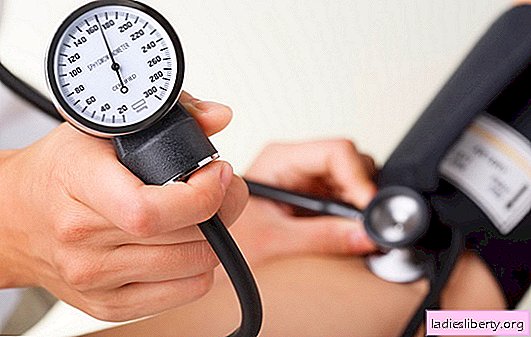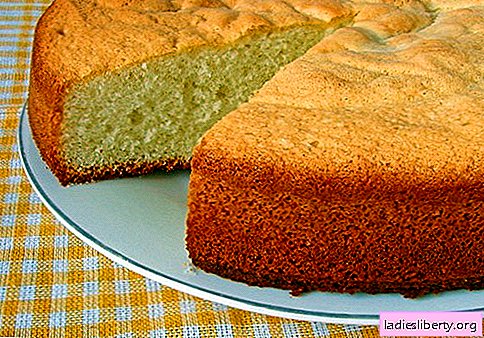
Worms in children - the phenomenon is not rare. The great vulnerability to the threat of worm infestation is due to the physiology of the child’s body, the large number of contacts with other babies in various institutions, and, of course, the eternal desire to taste everything and the lack of persistent personal care skills.
Helminths, or roundworms, are one of the most common groups of parasites on earth. In our conditions, the most relevant are such forms of children's helminthiasis as enterobiasis and ascariasis. Any of them requires emergency treatment, as it can cause a decrease in immunity and, as a result, an increase in ARVI diseases, manifestations of complications. In addition, the body of infected children reduces the production of protective antibodies during vaccination against various diseases.
Worms in children - symptoms
As we have already said, depending on the type of parasites that have entered the child’s body, there are several forms of helminthiasis, but each of them has signs that parents can easily suspect the child of this disease.
So, ascariasis is caused by roundworms that live in the intestines. When the larvae migrate through the body of the baby, he may suffer from indisposition, weakness, symptoms of bronchitis, pneumonia, rashes on the skin. Mature roundworm, being in the intestines of a child, provoke the appearance of abdominal pain, indigestion, nausea, loss of appetite and weight. A large accumulation of parasites can cause intestinal obstruction or appendicitis.
When enterobiasis in the body of the child live pinworms, parasitic in the lower part of the colon and small intestine. An infected child suffers from severe itching, abdominal pain, sleep disturbances, loss of appetite, and he may have a broken chair.
Worms in children - treatment
First of all, to confirm the diagnosis in the medical laboratory, a study of his feces on the eggs of worms and scraping on enterobiosis is carried out. As a rule, such an analysis is performed three times, since the eggs of parasites are most easily detected at the time of their reproduction. Additionally, if there is suspected helminthiasis, a dysbacteriosis and complete blood count test can be prescribed, since with low hemoglobin, increased eosinophil count and ESR, the doctor can also conclude that there are worms in the child’s body.
Today, many effective means have been developed to combat helminths, but they must be selected only by a doctor, based on the type of helminth and the age of the child. When detecting worms in a child or one of a family member, it is necessary to take therapeutic measures not only in relation to the patient, but also the whole family, in order to prevent the outbreak of infection.
An important point in the treatment of helminthiasis is nutrition. It is very useful during this period to use carrots and carrot juice (if the child is not allergic to it), since carrot essential oils have a detrimental effect on the parasites. It is believed that it is very effective to fight helminths with pumpkin seeds, using them on an empty stomach and 2 hours after eating.
In the prevention of helminthiasis in children, a large role is given to hygienic measures, in particular, to instill in them the rules of personal hygiene and to improve the sanitary conditions at home and in children's institutions. If worms are found in a child, parents should remember that their task is not only to cure their baby, but also not to allow it to infect other children, therefore, if possible, restrict his or her communication with other children until recovery.











